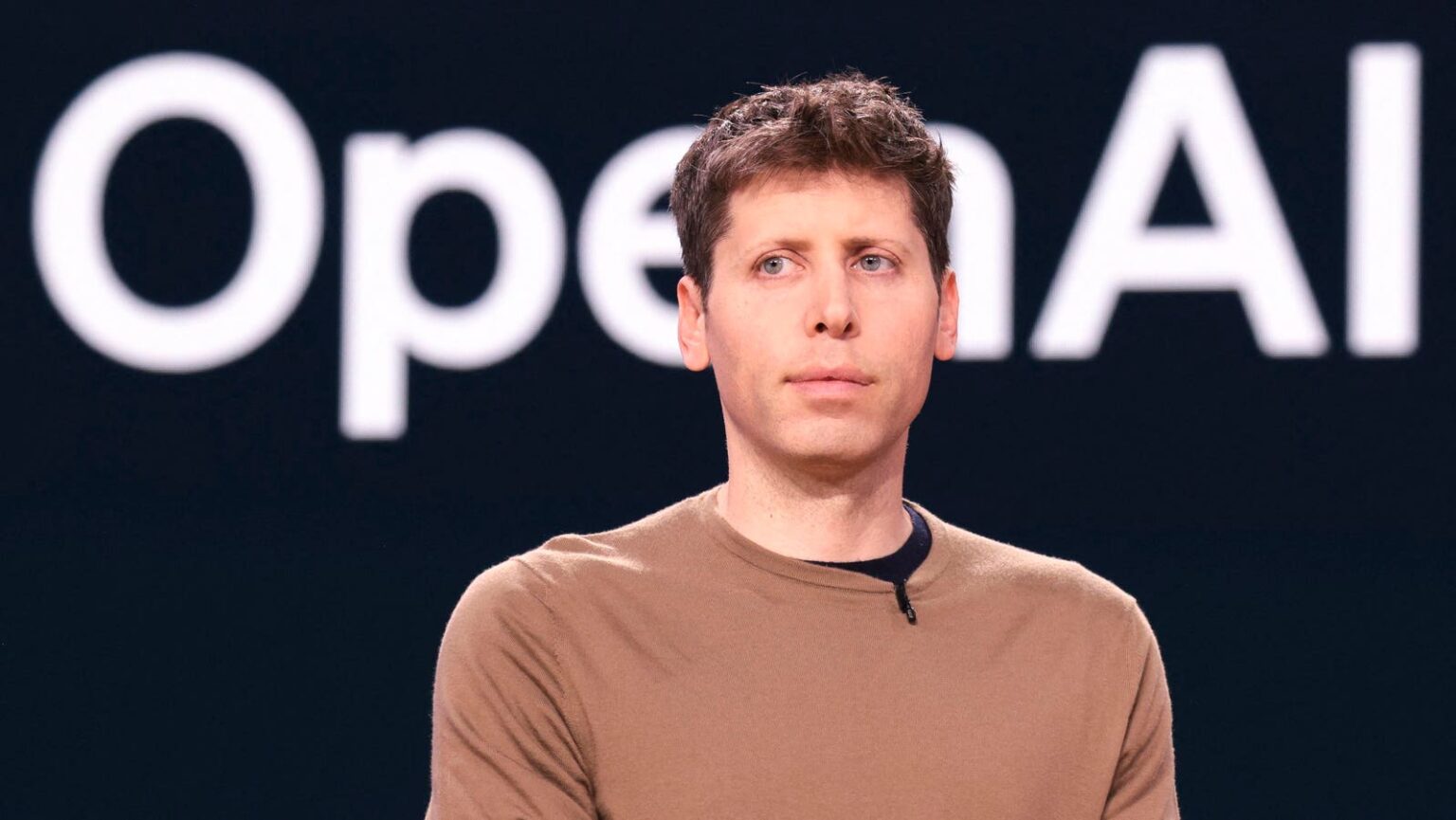In a stunning development that further expands his sphere of influence, Elon Musk is leading a $97.4 billion bid to acquire the nonprofit organization controlling OpenAI, escalating his ongoing conflict with Sam Altman over the future of the influential AI company behind ChatGPT. It was reported that Musk’s attorney Marc Toberoff submitted the bid for all of the nonprofit’s assets to OpenAI’s board of directors on Monday. This bold move comes as Musk has taken on yet another transformative role: head of the Department of Government Efficiency. Created by President Donald Trump in January 2025, DOGE represents a bold experiment in bringing Silicon Valley-style management to federal government operations. For Musk, who simultaneously leads Tesla, SpaceX, and X (formerly Twitter), these dual developments highlight his expanding influence across both private industry and public service.
“Elon has a unique ability to identify bottlenecks in complex systems and eliminate them,” notes Marc Andreessen, co-founder of Andreessen Horowitz. “He doesn’t just delegate problems — he dives deep into the engineering details himself, which is extraordinarily rare for a CEO of his stature.” This same approach, which has revolutionized multiple industries, is now being applied to federal bureaucracy through DOGE’s mandate to cut spending and regulations.
The early results at DOGE mirror Musk’s successes in private industry. His team has already identified several major inefficiencies in federal operations, applying the same analytical rigor that transformed Tesla’s manufacturing processes. “What Elon understands better than most,” Andreessen observes, “is that success isn’t just about the big innovations – it’s about solving thousands of small problems quickly and efficiently.”
This philosophy has served Musk well across his business empire. At Tesla, his hands-on approach revolutionized automotive manufacturing. The company’s Fremont factory, once criticized for its “production hell,” now produces electric vehicles at a rate that traditional automakers struggle to match. In 2023, Tesla delivered over 1.8 million vehicles globally, maintaining its position as the world’s leading electric vehicle manufacturer.
SpaceX, perhaps Musk’s most ambitious private sector venture, has similarly benefited from his bottleneck-focused management style. The company’s reusable rocket technology has slashed launch costs by approximately 90% compared to traditional methods. The company’s Starlink satellite internet service now provides connectivity to over a million subscribers globally, while its Starship program aims to revolutionize space travel and potentially enable human colonization of Mars.
Musk’s empire extends beyond these flagship companies. His acquisition of Twitter (now X) for $44 billion in 2023 represented a bold move into social media. While controversial, his management approach there mirrors his other ventures: identifying core inefficiencies and making radical changes to address them.
The Boring Company, another Musk venture, aims to revolutionize urban transportation through underground tunnels. While still in its early stages, the company has completed projects in Las Vegas and continues to pursue ambitious expansion plans in other cities.
Neuralink, his neural technology company, recently achieved a milestone by successfully implanting its first device in a human patient. The company aims to help people with severe disabilities regain independence through brain-computer interface technology.
At DOGE, Musk’s push for transparency in government spending, particularly regarding public sector salaries, aligns with his broader philosophy of efficiency and accountability. “Taxpayers have a right to know exactly how their money is being spent,” he argued in a recent X post, highlighting how his private sector principles translate to public service.
Critics argue that Musk spreads himself too thin across these various ventures. However, his management philosophy provides a counterargument. By focusing on bottlenecks and maintaining deep technical engagement, he has developed a system that allows him to make meaningful contributions across multiple industries and now, the public sector simultaneously.
His organizations share a common thread: they all target areas that have remained relatively stagnant or inefficient for decades. Whether it’s automotive manufacturing, space launch services, social media, or now federal government operations, Musk’s approach involves identifying fundamental inefficiencies and addressing them through technological innovation and process improvement.
The results of this approach are difficult to ignore. Tesla’s market capitalization, despite recent fluctuations, remains among the highest in the automotive industry. SpaceX has become the most prolific launch provider globally. While his leadership of DOGE is still in its early stages, the same principles that drove success in his private ventures are being applied to streamline government operations.
Looking ahead, Musk’s influence shows no signs of contraction. With Tesla pushing into robotics with its Optimus project, SpaceX preparing for Mars missions, X evolving into what Musk calls an “everything app,” and DOGE working to reshape federal efficiency, his impact on both private industry and public service continues to expand.
What makes this empire particularly remarkable is not just its scope, but its underlying philosophy. By maintaining deep technical engagement and focusing relentlessly on bottlenecks, Musk has created a management style that enables him to operate effectively across multiple complex domains simultaneously. Whether this approach proves sustainable in the long term remains to be seen, but its impact on modern business practices and now government operations is already profound.
Read the full article here


